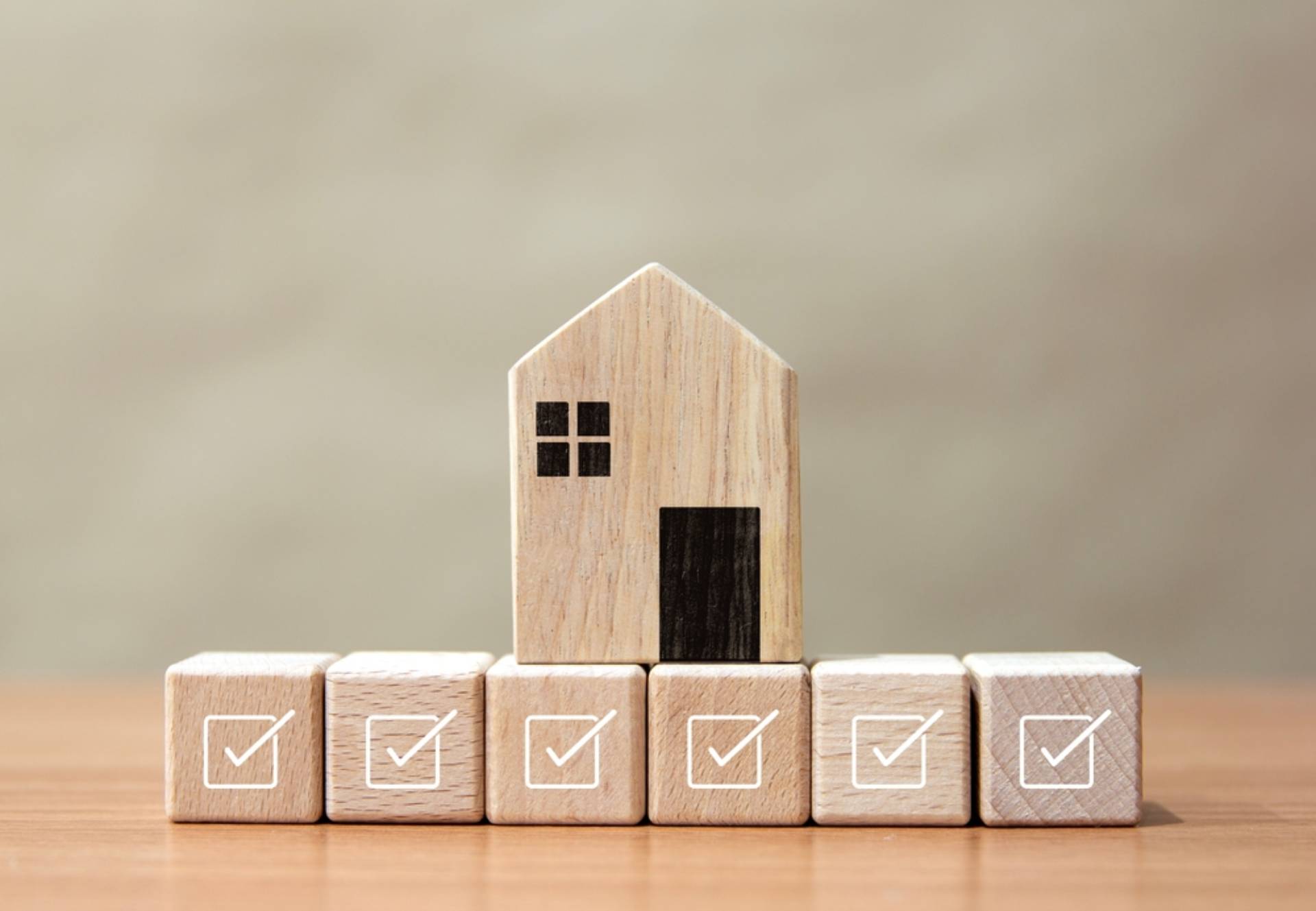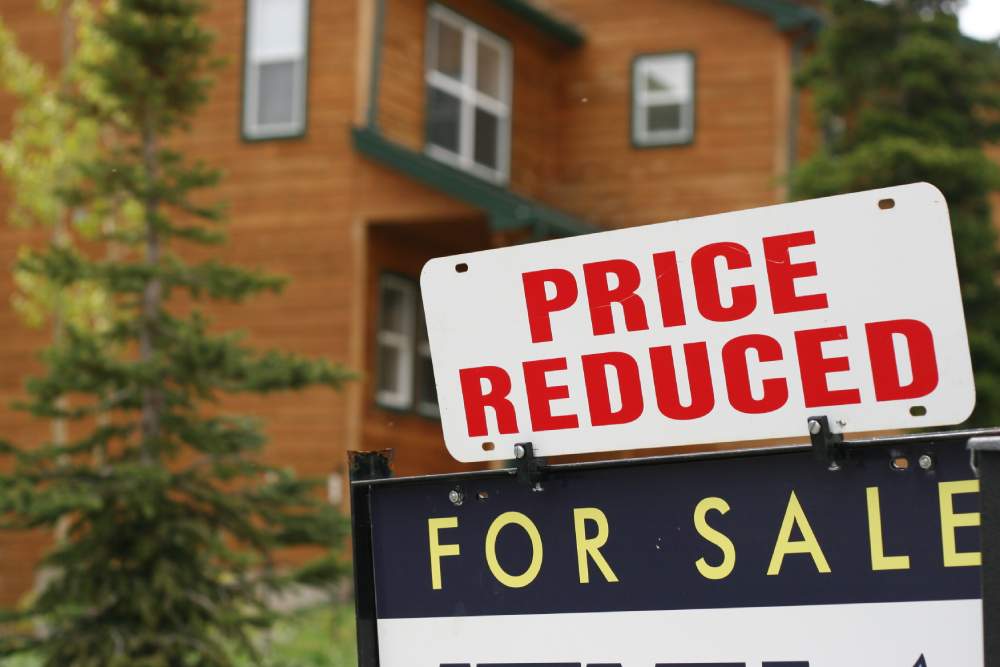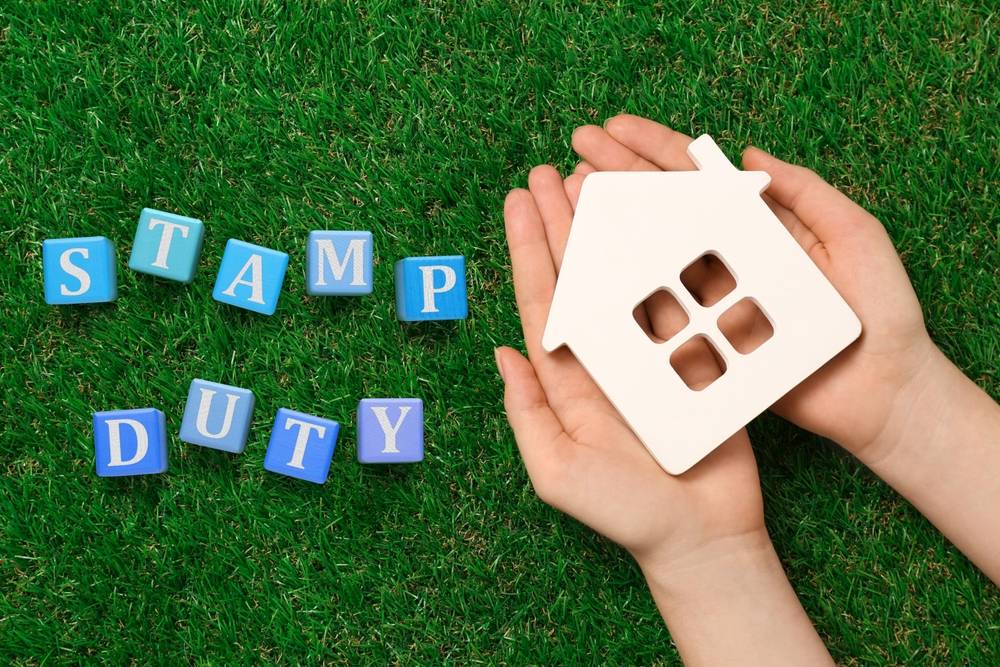Getting the most information about the property you’re about to purchase is the best way to figure out if you’re making a smart financial decision. Whatever purpose you’re buying a property for, it’s always highly recommended to get a survey on the property. As this is one of, if not the largest purchase of your life, wondering if you can forego the cost of a survey makes sense, but it comes with its risks.
When you’re buying a property, it’s easy to get swept up in the excitement. Imagining yourself in your new home, decorating and getting to know the area can take up a lot of your attention. However, there are some things that may save upfront cost, but could lead to paying more later down the road.
If you’re a first-time buyer and this is new to you, or you want to know about property surveys, you’re in the right place. We’re here to make sure you have the information you need so you can make the best decision for you.
What is a Property Survey?
A property survey is an inspection of a property. The goal is to identify any issues and report the condition of the property.
You may have asked a lot of questions at your house viewing, but many of these issues might go unnoticed, and could cost you a lot of money later down the road. The findings of the survey can lead to negotiation on the house price, or even withdrawing an offer completely depending on the severity of the issues.
Surveys are conducted by a qualified surveyor. Although most surveys are carried out after an offer has been accepted on a property, there are other times one might be conducted. These include valuing a property, looking for structural issues, and making sure buildings are compliant with building regulations.
Do I Need a Survey When Buying a Property?
Although it is not a legal requirement to get a survey when you’re buying a property, not getting one comes with a lot of risks.
Like we mentioned earlier, upon the completion of a survey, you may decide to withdraw your offer if the costs to repair the property are too high, or it seems like more work than you initially bargained for. Alternatively, you may wish to renegotiate the price of the property to cover the cost of the repairs. If you don’t get a survey, and you find out after the transaction that the property needs a lot of work, you will be left out of pocket.
There is also the principle of caveat emptor or ‘buyer beware’. In property law, this means the buyer is responsible for finding out the relevant information about the property. If the buyer decides not to get a survey or chooses a less extensive one, and after the house is purchased, they find problems with it; this will be the buyer’s problem. Once the legal ownership of the property is exchanged, the price the house was sold for cannot be negotiated.
In some cases, getting a survey can save money in the long run, and allow you to foresee issues that might arise and financially accommodate for them.
How Much Does a Property Survey Cost?
As with most things, the cost of the survey will depend on the extent of the service. Choosing the right survey for your property depends on a few factors. These include the type of property, the age, the condition, and the amount of information you want to find out.
Some of the more basic surveys cost as little as a couple of hundred pounds, whereas the more extensive and bespoke services cost over £1,000. It’s always a good idea to get a few quotes from different surveyors once you’re aware of your needs and find one that balances both price and service.
Types of Surveys
With all that in mind, let’s cover the types of property survey:
- A Condition Report (Level One)
A condition report, or a level one survey, is a basic report which will give you an indication of the overall condition of the property.
Although many people opt for a more extensive survey when they’re buying a property, there are times when this cheaper and less detailed survey may be appropriate, for example if the property is relatively new, or recently had a survey.
- HomeBuyers Report (Level Two)
The homebuyers report, or level two survey is more extensive. It inspects the same things as a level one survey but highlights any structural issues and gives an indication of future repairs or maintenance. Level two surveys can also include a valuation, which will give you an idea of market value and a figure of what you can expect your insurance to be. This type of survey is ideal for older homes that typically appear to be in good condition.
- Building Survey (Level Three)
There are some situations where you need your surveyor to take a deeper look at a property, or perhaps you would just rather be safe than sorry. The building survey, or level three survey, is the most comprehensive. It’s an in-depth examination of things like the roof, walls, windows, electrical systems and more. It also looks at if there are any repairs, maintenance, and future issues that might arise. Generally, it’s suggested to get a level three survey if the property is older, in poor condition, large, or if you intend on doing extensive renovations.
- Snagging Survey
This type of survey is only appropriate for new builds. The surveyor will look for minor issues, such as cosmetic problems. This type of examination is to assess if there’s any issues with the work that’s been done on the house to give the new owner reassurance that it’s ready to move into or if it requires more work.
Arranging a survey on top of everything else you need to do, can feel like an added thing on top of your to do list. We understand that you have a lot on, which is why we’re here to take care of the legal work, so you can focus on everything else.
How We Can Help
At PM Property Lawyers, we understand how the different steps and expenses of buying a property can make you feel overwhelmed. When you choose us, we guide you through every step of the way, making sure the legal work is taken care of. As part of your survey, there will be a section for issues for your legal advisor, which you send over for us to review, and we can deal with any issues accordingly.
With our vast knowledge of the property market, and our extensive experience in property transactions, you can be sure that you’re in safe hands. #
Get in touch today and see how we can help you.






